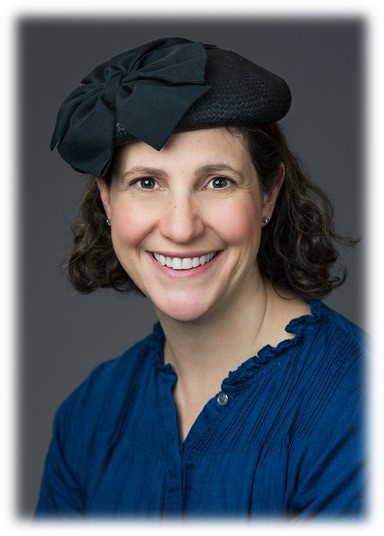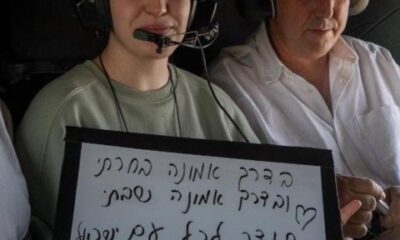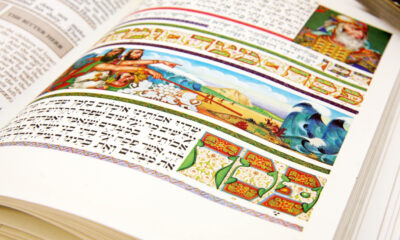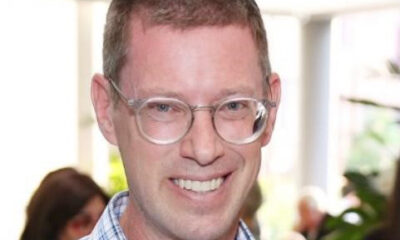
Parshot/Festivals

Dayenu and the anatomy of gratitude
“Anatomy of Gratitude” is Brother David Steindl-Rast, a 90-year-old Benedictine monk’s formulation of how to be grateful, a practice increasingly explored by scientists and physicians as a key to joy and wellness. I was intrigued. The phrase put into words the way I have always thought about gratitude in Judaism as a full-bodied experience. We don’t just say thank you to Hashem, it’s embedded into every formal prayer service. And we don’t just say words, we bend our bodies at the waist as we say “Modim anachnu lach” (Thank you, G-d.) I always imagined that we feel such an overwhelming sense of gratitude that it bubbles up inside us, swirling towards the surface, causing our bodies to bow, spilling out our gratitude directly to the Almighty.
This, I believe, is the intent of the song, Dayenu. A highlight of my seder, Dayenu is the crowning moment of the maggid section, a 15-stanza song of praise to Hashem. The first five stanzas expound on our gratitude to G-d for taking us out of Egypt, the next five outline the miracles bestowed on us in the midbar (the wilderness), and the final five are an expression of gratitude for the ritual and spiritual staples in our lives – the Torah, Israel, and the building of the Beit Hamikdash. As we sing each stanza of Dayenu, the song is also meant to evoke a full-bodied experience. In fact, the Vilna Gaon, in his commentary on the Haggadah, teaches that the 15 stanzas of Dayenu are parallel to the 15 steps of the Beit Hamikdash that the Leviim ascended each day as they sang the Songs of Ascents, songs of praise and gratitude to G-d. As we sing each stanza of Dayenu, perhaps we’re meant to cultivate within ourselves a complete and utter sensation that we might not be sitting at this seder, surrounded by these particular people, were it not for G-d’s grace.
This message of hakarat hatov (deep gratitude) is central to our understanding of the Pesach experience. The Midrash (Shemot Rabba 1:8) explains that when the Torah tells us that a melech chadash (a new king) arose in Egypt after Yosef’s death, it wasn’t a different Pharaoh, but the same one who had forgotten all that Yosef had done for him. Pharoah’s gratitude had dissipated, and this set off the events that led to our slavery. The Midrash teaches, “One who has no gratitude is comparable to one who negates the existence of G-d.” Each year, we must utilise gratitude as the tool to bring a sense of Godliness into the world. How do we do that?
Steindl-Rast offers a simple methodology for this kind of full-bodied gratitude: stop, look, go. In the bustle of our busy lives, it’s hard to pause and take stock of all our blessings. The seder night calls on us to hit the pause button – to just sit and reflect. Then, we are asked to look, to notice how the stories of our past have constructed the world we inhabit today. But stopping and looking aren’t enough. We cannot just sit and relish the goodness that has been bestowed on us. We must go. We must acknowledge the blessings that Hakodeh Baruch Hu (the holy one, blessed be he) has given us, and pass them on to others. We must commit to opening our doors to strangers and those who have less than us. We must go out and learn (tze u’le’mad) what our ancestors have written for us. Just as we praise Hashem, we must praise and acknowledge with gratitude all those who have helped us on our journey.
The sections of praise throughout the Hagaddah including Dayenu are meant to be sung out loud in joyous praise to the Almighty. The Gemara in Pesachim (85b) explains that the Korban Pesach meal, the seder in the time of the Beit Hamikdash, consisted of a tiny portion: “There was [only] as much as an olive of the Passover-offering to eat.” One tiny morsel of food doesn’t sound celebratory. But the Gemara goes on, “Yet Hallel split the roofs!”
Praising G-d through song is the ultimate response to difficult and challenging times. We can acknowledge the hardships that surround us like war, terror attacks, and loved ones who are healing. By sitting at the seder, no matter whether we’re eating a feast or a simple meal, we sing. We raise the roof in praise of Hashem with our words, offering hope, optimism, and joy.
On this Pesach, I’m particularly grateful for my health and for the health of my family. I’m grateful that we have food and shelter. I’m grateful to Hakadosh Baruch Hu for the many blessings that have brought me here today. Dayenu!
- Rabba Sara Hurwitz is the cofounder and president of Maharat, the first institution to ordain Orthodox women as clergy. She also serves on the rabbinic staff at the Hebrew Institute of Riverdale.










